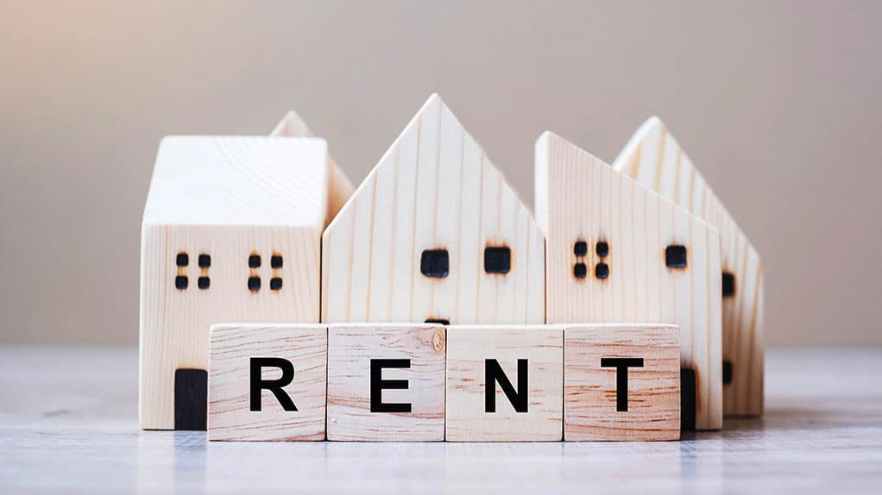Think of increasing rent as a business decision
It can be easy to let your emotions take over when considering increasing your tenant’s rent. However, it is best to leave your emotions behind and focus on the decision purely from a business perspective. When you have an investment property, you need to make the most of it and secure your future.
The best method for determining if a rent increase is warranted on your property is to discuss it with your property manager. Meetings with your property manager should occur at least once per year, and a part of these discussions will be regarding the current rental value. If the rental value of your property increases, then you can choose to increase your rental income. If the property value has not increased, you can discuss what you need to improve the property and make it more appealing or valuable as a rental asset.
When you have a meeting with your property manager, some of the topics discussed may include:
How many vacant properties are in the same area as yours?
How much rent are similar properties charging?
What is the state of the rental market?
Are there any local issues that make your property less appealing to renters?
What improvements to the location are on the horizon, and how will this affect your property?
How are the tenants treating the property?
Does your current tenant have the capacity to pay more for rent?
Are there any factors that may see your tenant move if faced with a rent increase?


